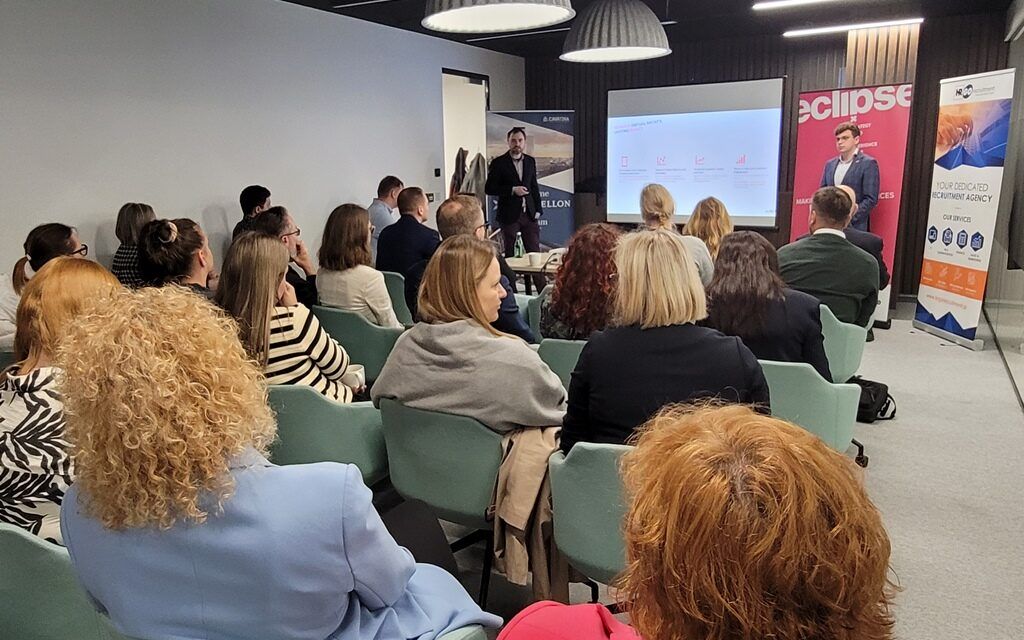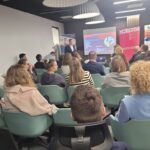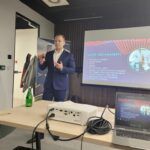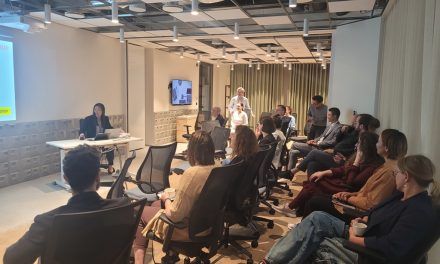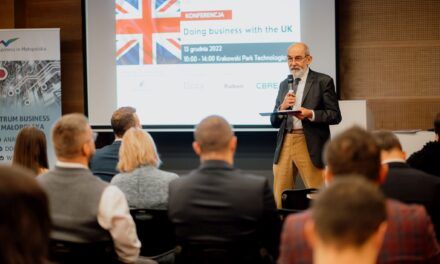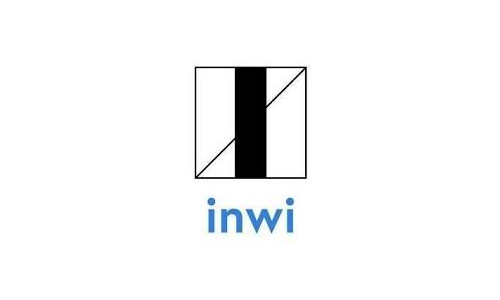This event – the first of its kind organised by the BPCC – was focused on the impact of artificial intelligence (AI), and specifically Chat GPT, on the IT and e-commerce sectors, and – more broadly – on the HR function across all of business. Held in Cavatina’s newly opened Quorum business centre, the event was opened by the BPCC’s Western Poland director, Ilona Chodorowska.
Dominik Kostecki, recruitment manager at HR GO Recruitment, gave an introduction to ChatGPT – the fastest-ever technology to reach 100 million users – within just two months of its launch. And yet the CEO of the company that created it, along with thousands of other influential people from the IT sector, are now calling for a moratorium on further development on AI until its effects on society and the labour market become clearer. He introduced participants to many new AI-based apps that were going to revolutionise the workplace from finances to sales, recruitment and communications.
Mateusz Mańka and Paweł Rzewnicki from Eclipse Group Solutions showed some practical examples of how AI is transforming e-commerce by allowing shoppers to visualise themselves or their homes in the context of, say, a new clothes or new furniture. Continual optimisation of processes allow for ever-faster download times and ever-greater realism, boosting sales and reducing returns.
Artur Studziński from Hewlett Packard Enterprise showed what are probably going to be the most life-improving applications of AI – from the field of healthcare. He explained how neural networks are becoming more skilled at correctly identifying diseases and improving the interface between medical equipment and its operators.
After a networking coffee break, a panel moderated by the BPCC’s Michael Dembinski looked at how AI might influence the future course of business development in Poland as well as its labour market.
The panel discussed the threat of widespread white-collar redundancies across professions such as law and accountancy, insurance and the media, ethical and moral responsibilities of those developing and using AI systems – in particular around data protection. There was lively discussion involving participants, focused on the factors limiting AI’s growth in Poland, such as an outdated energy grid, archaic educational system and lower labour costs compared to those in the US or Western Europe. How will AI affect business models, when productivity of office work can grow exponentially? If AI can speed up processes four-fold, will firms lay off four-fifths of their staff, or increase output by 400% – and if so, will they drop prices dramatically to win market share?
The not-so-far future, during which AI will become AGI (Artificial General Intelligence), was also discussed – with a feeling that what was once science-fiction fantasy could become a reality. There is a worry that while humans see the text input going into the AI, and the text output coming out, humans no longer have any idea of what’s happening inside the box – and this will become greater as AI reaches the so-called ‘singularity’, when it overtakes the sum total of human knowledge.
Many fascinating philosophical points were made in a lively discussion – but one thing was clear from the event – that we are at a historical tipping point and things will never be the same again.
Following the panel discussion, there was a further chance to network and a guided tour of the brand-new Quorum building with Cavatina’s Patryk Czernik, who also outlined the developer’s plans for further projects.






